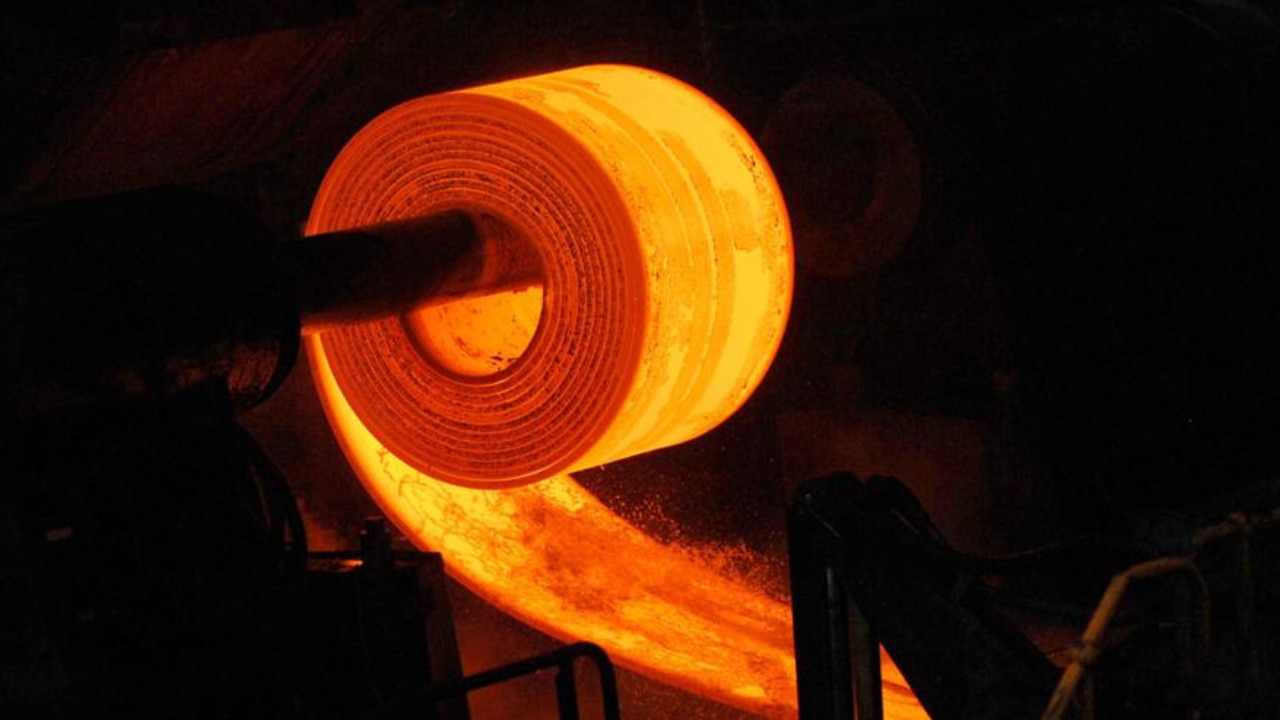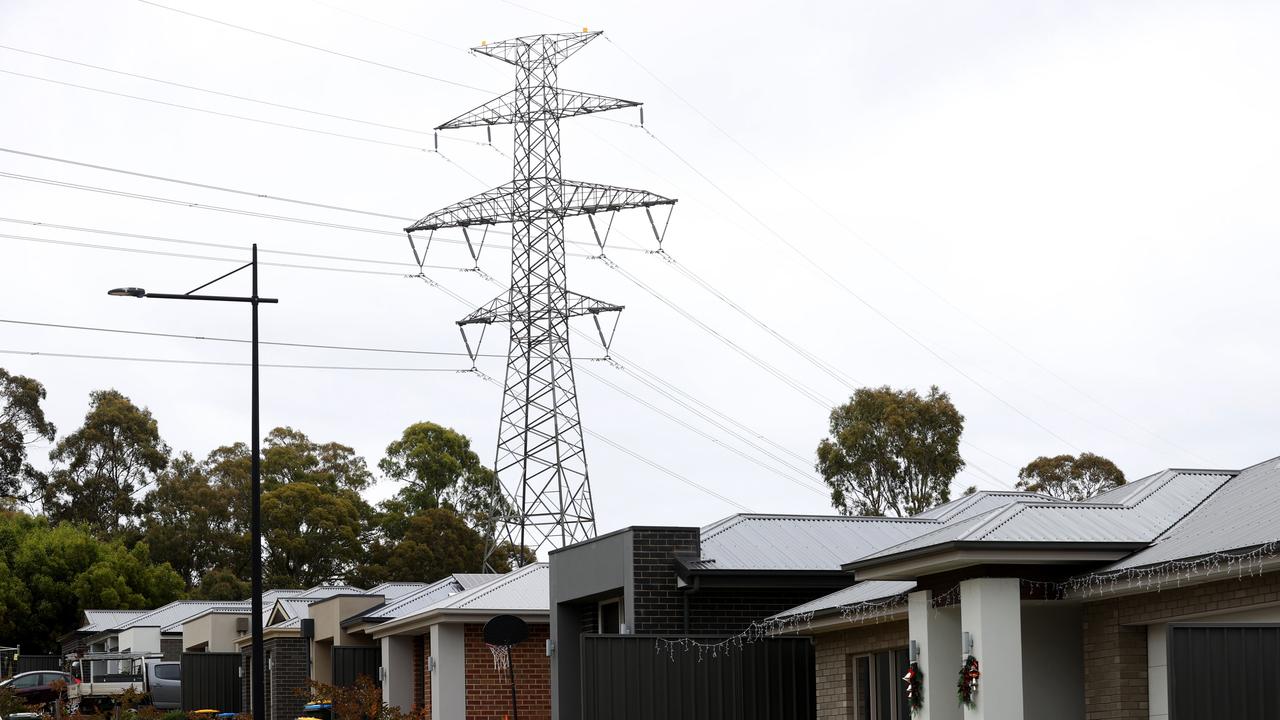Australian share market on Monday reaches two-week high but China issue looms
Chinese manufacturing, and it turns out Chinese babies, have left their mark on the ASX on Monday despite the market closing up.
More positive than gloomy financial results have dragged the Australian share market into positive territory, although serious concerns about the iron ore price loom large.
Jim Chalmers raised the alarm about a looming $3bn hole in the public purse should the ore price stay below Treasury forecasts, and on Monday the market responded in kind.
While the S&P/ASX 200 rose 9.3 points, or 0.12 per cent, to 7980.4 and a two-week high, the materials and energy sectors lost more than half a point each.
Four of the 11 sectors were in the green.
Steel maker BlueScope’s full-year results on Monday flag a 20 per cent drop in annual profit, and say the company is paying three-times more for gas here than in the US, and double for electricity.

BlueScope is expecting a substantial drop in underlying earnings for the first half of the current financial year, saying they will likely be in the range of $350m to $420m.
BlueScope lost 3 per cent on Monday’s trading, closing at $19.89. Mineral Resources, down 30 per cent on this time last year, copped a 3.7 per cent loss.
The price of iron ore fell 7 per cent in the past week and reached its lowest level since 2022 on Thursday.
The four largest companies on the materials index – BHP, Fortescue, Rio Tinto and James Hardie Industries – all took losses on Monday. The sector dropped 0.59 per cent.

Bringing up the rear in second-to-last was consumer staples. A2 Milk plummeted 18.69 per cent ($5.70), though analysts predict the price has bottomed out.
The number of newborns in China declined five per cent last year, and while a baby boom was forecast this year, A2 Milk says longer term declines are expected due to socio-demographic trends.
Late last week the New Zealand-based company settled arbitration disputes with a key supplier, Synlait, which has agreed to end an exclusivity arrangement in return for a NZ$25m payment.

A2 flying its milk powder to China will drag on company margins, analysts say, but it’s a necessary step to get the product to Asia.
Half-year results at Ampol went down like spoiled milk, as shares hit a 52-week low ($30.51) after reporting a 7.7 per cent half-year earnings dip.
“Ampol has delivered a resilient performance through a determined focus on the things we can control,” chief executive Matthew Halliday said.
“This is a significant achievement in an environment of tougher economic conditions across Australia and New Zealand.”

The local market is about one-third of the way through reporting season, and software firm Nuix provided a boost for the tech sector, gaining 25.5 per cent to finish at $4.38.
The Sydney-based company recorded a 20 per cent jump in statutory revenue to $220m, as underlying earnings rose 38 and net profit doubled.
Banks stayed elevated following better-than-expected updates from CBA, NAB and Westpac in recent days.
Westpac closed at a six-year high of $30.40 on a flat half-year profit of $1.8bn. As with Commonwealth Bank, mortgage and business loan holders are increasingly falling into arrears.
More Coverage
The Australian Dollar finished last week up 1.38 per cent to US$0.6669, and a 1 per cent gain on the Euro, to €1.1026.
The release of RBA board minutes on Tuesday is expected to contain the central bank’s messaging that it is too soon for a rate cut.
Markets are pricing in a rate cut by December, but the RBA is much more hawkish and discussed a rate rise at its meeting earlier this month.






